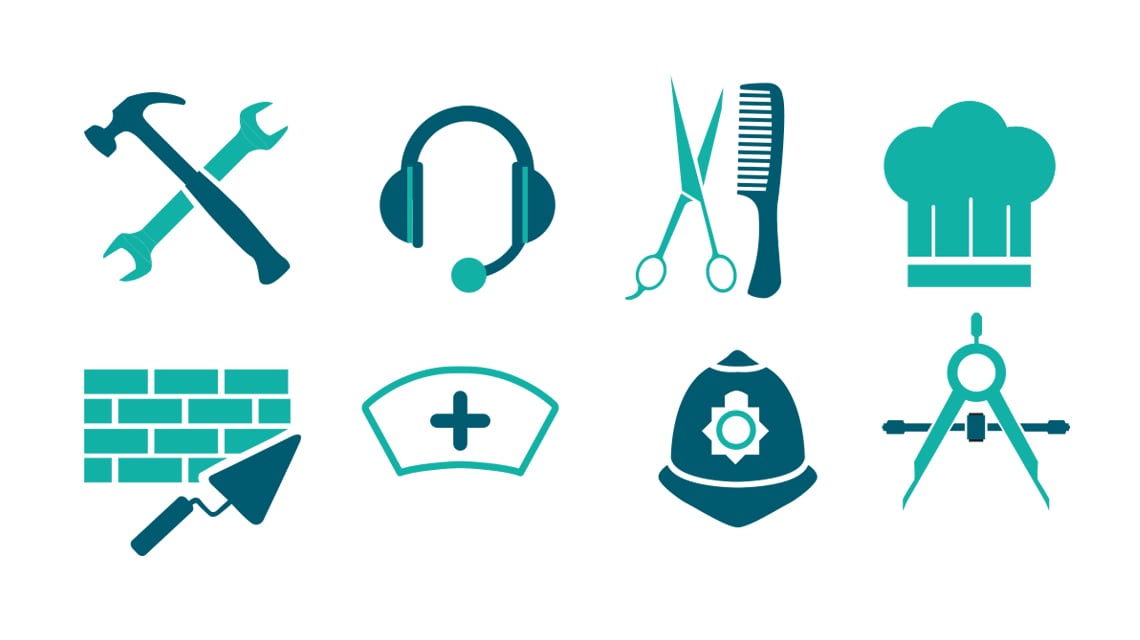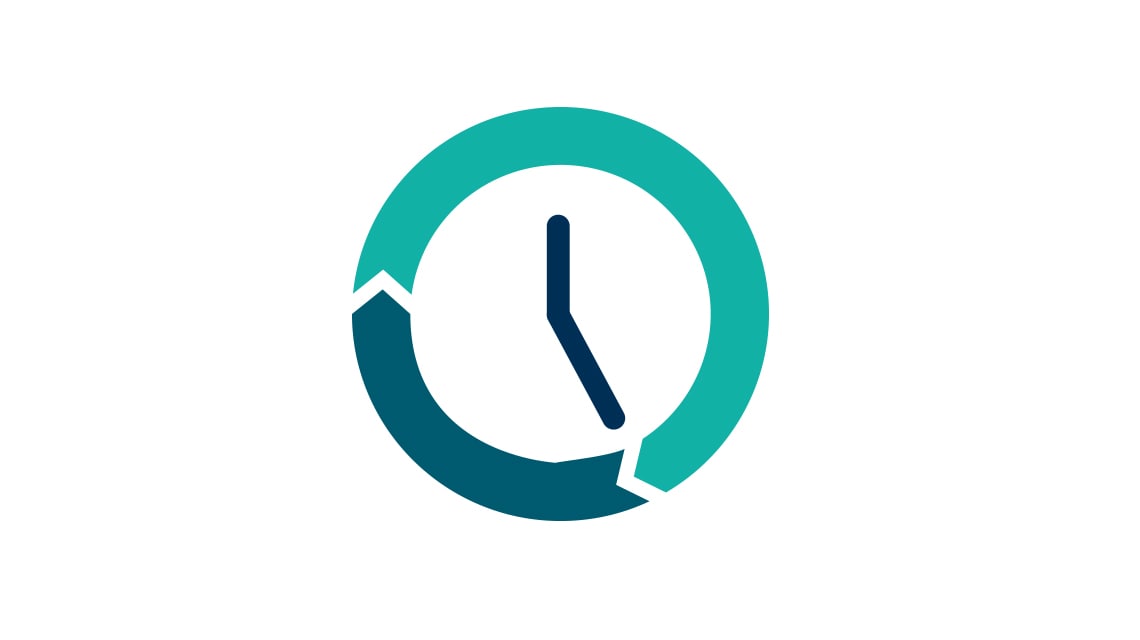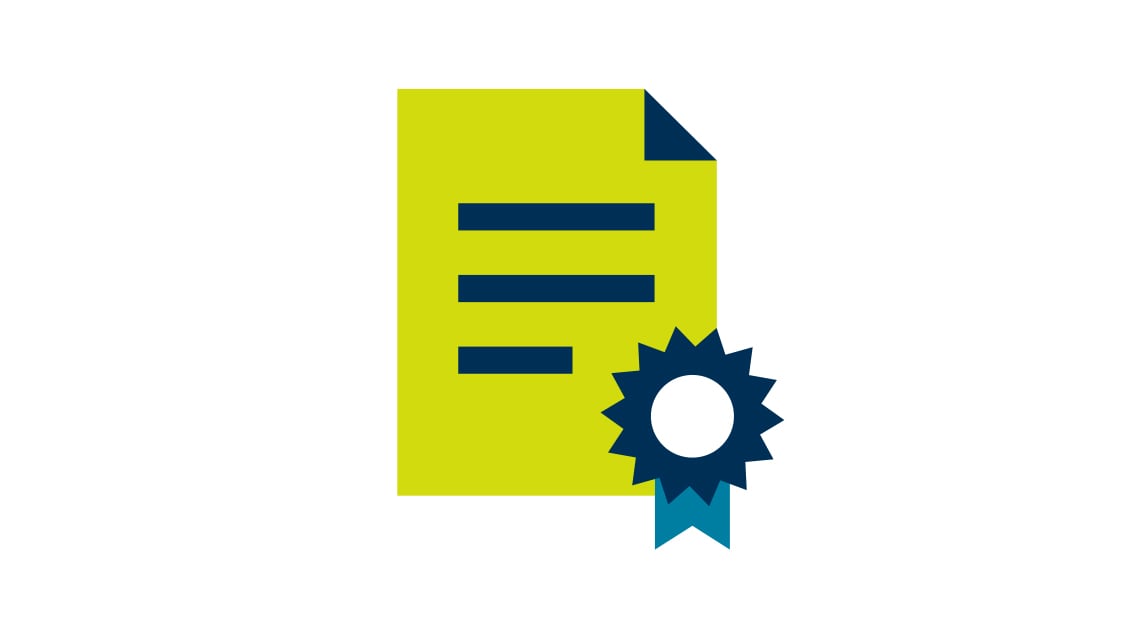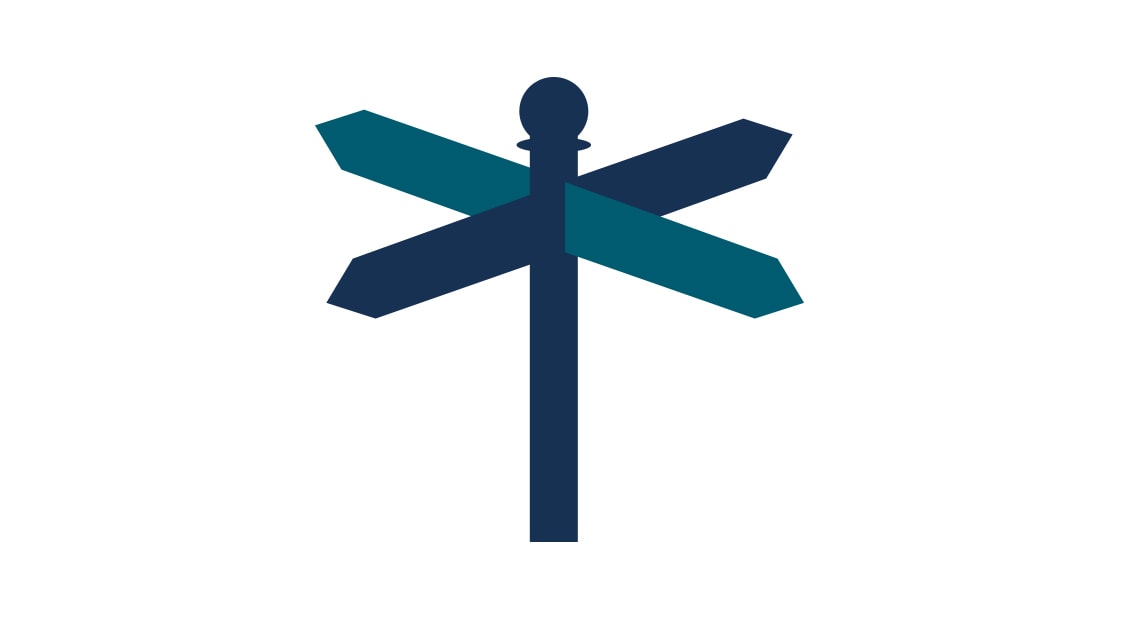A good degree on its own will not guarantee you a job in publishing. Employers want to see relevant work experience and commitment too.
Previous office work and any writing and editing experience you can get will be useful (e.g. editing a university magazine or writing a blog). Or you may consider doing an unpaid internship with a publisher to gain valuable experience. Online and digital experience may help you stand out from the crowd.

Example jobs

Editorial or publishing assistant
Supports senior staff in planning and producing text for publication.
Production assistant
Arranges the editing, printing and binding of the final book or magazine, and its distribution.
Copyeditor or proofreader
Makes sure that text is well written, grammatically correct and accessible.
Commissioning editor or publisher
Selects, reviews and arranges new publications. Manages the stages of production, briefs designers and works closely with marketing and sales.
Magazine features editor
Makes sure a magazine has lots of readable, interesting articles.
Things you need to know

Typical working conditions
- You are likely to work in an office, at a computer.
- With experience you might get to travel to meet authors or to attend conferences.
- Work is fast-paced and constantly changing. You will need to work to tight deadlines.
- Working hours are usually 9am to 5pm, but you may be expected to work unpaid overtime as deadlines approach.
- Most publishers do not mind you wearing smart-casual clothes.

Qualifications needed
- Most employers will want you to have a good degree, but usually do not mind what subject it is in.
- However, if you want to work in a specific area such as producing science books, a related degree would be useful.
- Work experience is very important. Consider doing unpaid internships or volunteering to show you have good editorial skills.
- Doing a postgraduate course in publishing could help to increase your chances of getting a job, but is certainly not essential.

Career path
- Your first job is likely to be in an assistant role.
- With experience, you should be able to progress to more senior roles. For example, you could take an editor role before moving to a commissioning editor job.
- If you wanted to change direction you might be able to move into another department, such as marketing.
- Alternatively, you might want to go freelance. There are opportunities available for freelance copyeditors and proofreaders, among other roles.
Useful links
Pearson is not responsible for content on external websites.
Creative Skillset: careers in publishing
Information about working in publishing
National Careers Service
Find out about publishing
British Printing Industries Federation
Information about careers in printing